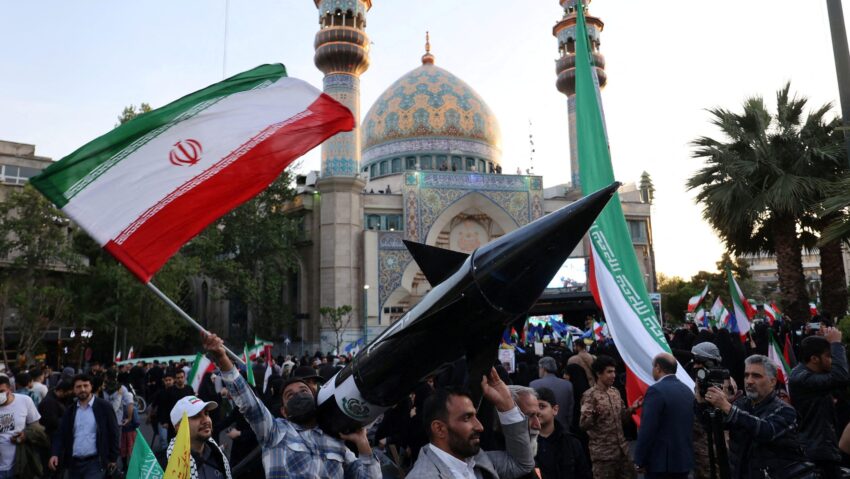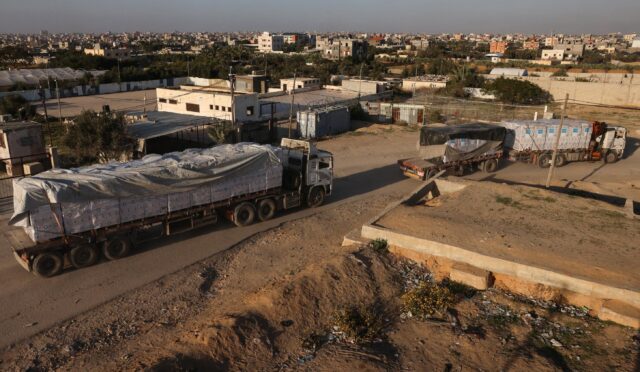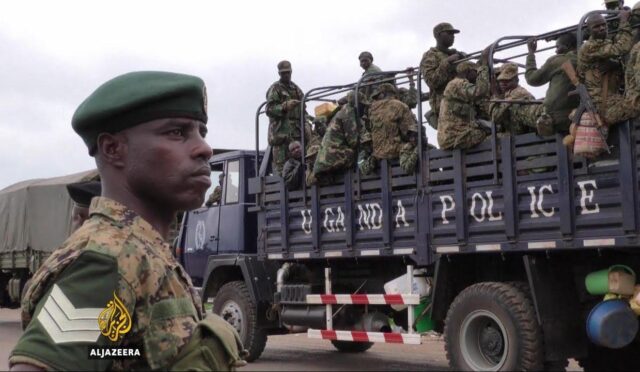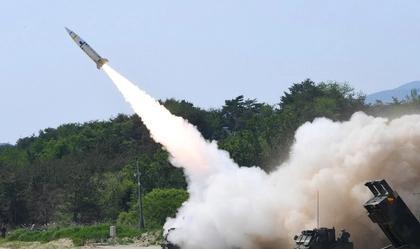Iran Missile Strikes Israel: Tensions Escalate in the Region
On Friday, Iran launched a significant strike against Israel, firing a series of ballistic missiles in retaliation for an unprecedented Israeli offensive aimed at its military and nuclear infrastructure. Air raid sirens blared across Israel as explosions rocked the skyline, with Prime Minister Benjamin Netanyahu warning citizens to prepare for multiple waves of Iranian attacks. Observers reported smoke rising from buildings in central Tel Aviv, while Iranian state media claimed that the strikes targeted numerous sites across Israel.
The missile attacks followed Israel’s announcement of its successful airstrikes, which reportedly killed several high-ranking Iranian military leaders, particularly within the Revolutionary Guard’s air force. In a defiant televised address, Iran’s supreme leader, Ayatollah Ali Khamenei, declared intentions to annihilate Israel, stating, “The armed forces of the Islamic Republic will deal heavy blows to this malevolent enemy.” This declaration has intensified fears of an escalating conflict in the already volatile region.
Aftermath of the Attacks: Military and Political Repercussions
In the aftermath of the missile strikes, former President Donald Trump urged Iran to negotiate regarding its nuclear program, cautioning that further violence could follow if tensions remained high. The U.S. administration distanced itself from Israel’s military operations but warned Iran against targeting American personnel or interests, implying that any retaliatory actions might provoke a significant response from Washington.
Prime Minister Netanyahu confirmed that Israeli airstrikes aimed directly at the heart of Iran’s nuclear ambitions, focusing on key scientists and critical facilities like Natanz. He stated that military operations would continue as deemed necessary, pointing out that U.S. intelligence indicated Iran was approaching a threshold in its nuclear program.
Iran’s Military Leadership Suffer Heavy Casualties
Recent reports from Iranian media confirmed that Israel’s airstrikes resulted in the deaths of several top military officials, including the chief of armed forces staff, Mohammad Bagheri, and Revolutionary Guard commander Hossein Salami. In a quick response, Khamenei appointed new military leaders to replace those lost, while also acknowledging that a senior advisor to the Supreme Leader had sustained injuries during the conflict.
Eyewitness accounts and imagery showed extensive damages in Tehran, where one residential building appeared to have sustained a significant strike. Iranian forces claimed that multiple members of the Revolutionary Guard had perished, while tensions continued to rise with reports of ongoing attacks and defensive interceptions throughout the evening.
International Responses and Emergency Measures
In light of escalating hostilities, the UN Security Council announced it would hold an emergency session at 19:00 GMT, responding to Iran’s request with the backing of Russia and China. Amidst a backdrop of fear and uncertainty in Tehran, local residents expressed their anxiety about the ongoing conflict, with one retiree lamenting the persistent atmosphere of fear and calling for a severe retaliation against Israel.
As air traffic in Iranian airports was suspended and neighboring countries closed their airspace in anticipation of further strikes, Israel declared a state of emergency. Meanwhile, financial markets reacted sharply, with oil prices increasing and stock values plummeting, underscoring the economic ramifications of the escalating conflict.
Diplomatic Implications and Future Negotiations
Prior to the attacks, Trump had conveyed optimism regarding potential negotiations with Iran concerning its nuclear program. However, with rising violence, the prospects for a sixth round of talks scheduled for Sunday in Oman appeared uncertain, though Trump expressed hope for a return to dialogue.
Confirming that the Natanz facility was among the targets of Israeli strikes, the International Atomic Energy Agency reported no significant changes in radiation levels at the site. Experts noted that while Israel’s actions represent a bold military strategy, the broader implications for international relations and regional stability remain a significant concern amidst heightened tensions.
Israel’s Call for Global Action Against Iran
Following the attacks, Israel reiterated its call for international measures against Iran, particularly after the IAEA indicated that Iran had failed to comply with previous nuclear commitments. The Israeli government has emphasized the necessity for a unified global response amidst claims that Iran is enriching uranium beyond the limits established in the 2015 nuclear agreement.
Currently, Iran enriches uranium to a level of 60%, significantly exceeding the 3.67% ceiling of the defunct accord, but still below the 90% threshold needed for a nuclear weapon. As regional leaders grapple with the unfolding crisis, the international community watches closely, aware that any misstep could lead to wider conflict.







